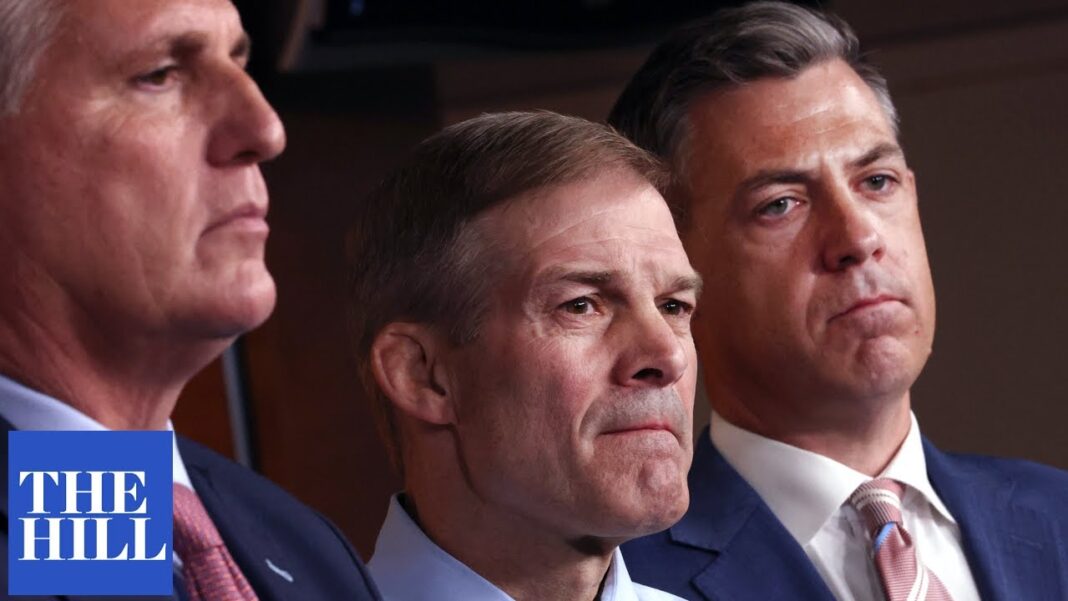The Constitution 2020 movement is based upon The Constitution in 2020 (see link below for book on Amazon), a book published by Oxford University Press that is a powerful blueprint for implementing a Marxist vision of constitutional law in the years ahead and that is written by progressives. Edited by two of America’s leading constitutional scholars, Jack Balkin and Reva Siegel, the book provides a new framework for addressing the most important constitutional issues of the future in a progressive manner. Featuring some of America’s so-called finest legal minds – Cass Sunstein, Bruce Ackerman, Robert Post, Harold Koh, Larry Kramer, Noah Feldman, Pam Karlan, William Eskridge, Mark Tushnet, Yochai Benkler and Richard Ford, among others – the book tackles a wide range of issues, including the challenge of new technologies, presidential power, international human rights, religious liberty, freedom of speech, voting, reproductive rights and economic rights. The Constitution in 2020 calls on liberals to articulate their constitutional vision in a way that can command the confidence of ordinary Americans and sway them to the progressive side of dogma. It is a propaganda piece laid out in painstaking and alarming detail.

George Soros
George Soros is bankrolling and heavily supporting the Constitution 2020 movement. He staunchly believes that the Constitution is a living, breathing, evolving document. He believes in a new and improved Bill of Rights.[2] His Open Society Institute and the Center for American Progress sponsored the Constitution 2020 conference in April of 2005.
Cass Sunstein
Cass Sunstein is directly connected to Soros’ funding for the Constitution 2020 movement, which openly seeks to create a “progressive” consensus as to what the U.S. Constitution should provide for by the year 2020.[2] In April 2005, Sunstein was the opening act for a conference at Yale Law School entitled, “The Constitution in 2020,” which sought to change the nature and interpretation of the Constitution by that year.
Eric Holder
Eric Holder sat on the board of a Soros-funded group pushing the same “progressive” constitution in the Constitution 2020 movement.[2]
American Constitution Society
American Constitution Society or ACS is modeled after the Federalist Society. It was created to counter the work being done by the Federalist Society, and is often described as Federalist Society progressive counterpart.

Table of Contents[1]
1. Introduction: The Constitution in 2020
Jack Balkin, Yale Law School and Reva Siegel, Yale Law School
I. Interpreting Our Constitution
2. Fidelity to Text and Principle
Jack Balkin
3. Democratic Constitutionalism
Robert Post, Yale Law School and Reva Siegel
II. Social Rights and Legislative Constitutionalism
4. The Minimalist Constitution
Cass Sunstein, Harvard Law School and Administrator, Office of Information and Regulatory Affairs (OIRA)
5. Economic Power and the Constitution
Frank Michelman, Harvard Law School
6. Social and Economic Rights in the American Grain: Reclaiming Constitutional Political Economy
William Forbath, University of Texas
7. State Action in 2020
Mark Tushnet, Harvard Law School
8. The Missing Jurisprudence of the Legislated Constitution
Robin West, Georgetown University Law Center
9. Remembering How to Do Equality
Jack Balkin and Reva Siegel
III. Citizenship and Community
10. The Citizenship Agenda
Bruce Ackerman, Yale Law School
11. National Citizenship and the Promise of Equal Educational Opportunity
Goodwin Liu, University of California at Berkeley
12. Terms of Belonging
Rachel Moran, University of California (Irvine and Berkeley) and President, Association of American Law Schools
13. Hopeless Constitutionalism, Hopeful Pragmatism
Richard Ford, Stanford Law School
IV. Democracy and Civil Liberties
14. Voting Rights and the Third Reconstruction
Pamela Karlan, Stanford Law School
15. Political Organization and the Future of Democracy
Larry Kramer, Dean, Stanford Law School
16. A Progressive Perspective on Freedom of Speech
Robert Post
17. Information, Structures and the Constitution of American Society
Yochai Benkler, Harvard Law School
18. The Constitution in the National Surveillance State
Jack Balkin
19. The Progressive Past
Tracey Meares, Yale Law School
V. Protecting Religious Diversity
20. The Framers’ Church-State Problem — and Ours
Noah Feldman, Harvard Law School
21. Progressives, the Religion Clauses and the Limits of Secularism
William Marshall, University of North Carolina
VI. Families and Values
22. A Liberal Vision of U.S. Family Law in 2020
William Eskridge, Jr., Yale Law School
23. A Progressive Reproductive Rights Agenda for 2020
Dawn Johnsen, Indiana University at Bloomington and nominee, Assistant Attorney General for the Office of Legal Counsel
VII. State, Nation, World
24. What’s Federalism For?
Judith Resnik, Yale Law School
25. Progressive Constitutionalism and Transnational Legal Discourse
Vicki Jackson, Georgetown University Law Center
26. “Strategies of the Weak”: Thinking Globally and Acting Locally toward a Progressive Constitutional Vision
David Cole, Georgetown University Law Center
27. America and the World, 2020
Harold Koh, Dean, Yale Law School and nominee, Legal Adviser, State Department.






